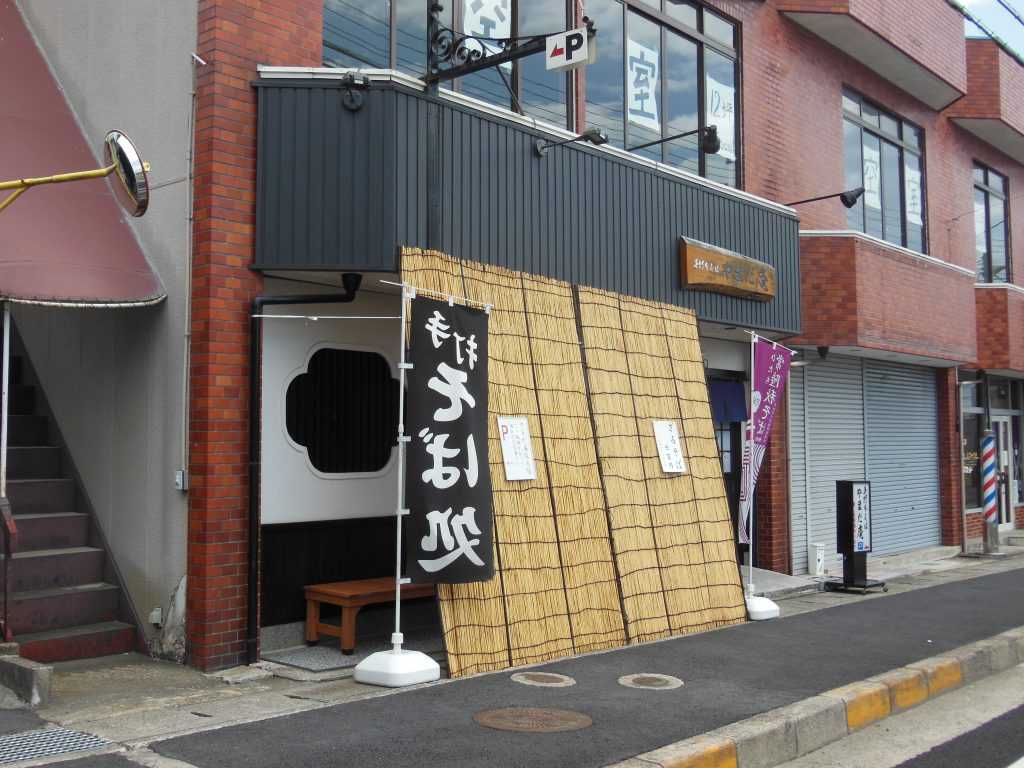Study with Passion, Japanese Style
“Passion” is a profound concept in Japanese, having valuable connotations. “Nesshin” is written in Kanji 熱心 and it means zeal, enthusiasm, fervour, openness, decisiveness, seriousness. These mental attitudes appear easily when we are passionate about a field, foreign languages in our case. So we could approach the study of a language with passion and everything […]
Weird and wonderful new words (II)
Noam Chomsky, the father of modern linguistics said: “Language is a process of free creation; its laws and principles are fixed, but the manner in which the principles of generation are used is free and infinitely varied. Even the interpretation and use of words involves a process of free creation”. This week’s blog entry embraces […]
Future tense in Romanian
Expressing future in Romanian is relatively easy. 1. We use “voi/vei/va/vom/veți/vor” + the infinitive of the verb to conjugate. Group 1 (-a): (eu) voi mânca, (noi) vom mânca, etc. Group 2 (-ea): îți va plăcea Group 3 (-e): (voi) veți face Group 4 (-i): (ei) vor veni “V” can be omitted in spoken messages: “oi” […]
Weird and wonderful new words(I)
Languages are always evolving, new words are added to dictionaries while others perish. This article tackles some new additions to the English language, words that reflect our current context and how humanity has evolved in the last few years. So get ready to discover a weird, but wonderful lineup of “new generation” words. Abibliophobia(noun) or […]
Cuvinte japoneze netraductibile

O parte dintre ele poate le știți deja. De exemplu ikigai sau tsundoku, a cumpăra cărți care se adună pe rafturi și rămân, totuși, necitite. Sunt multe asemenea cuvinte fără echivalent în română sau altă limbă. Poate știți că „estetica japoneză” se numește wabi-sabi, există chiar cărți cu acest titlu. Se referă la frumusețea lucrurilor […]
Greetings and Meeting People in Romanian

One of the most important things to know when visiting a country is how to greet people in their language. The three greetings, based on the time of the day, are: Buna dimineata (with a T pronounced as TS) – buna = good, dimineata = morning Buna ziua (used all day long, from 11 am […]
How to help your child learn a foreign language
Your child has just started learning a foreign language at school and you feel overly excited to be part of their journey? Or maybe there are so many tips and tricks you’d like to share with them, but feel a bit worried that they might not share your enthusiasm? Here are some suggestions to guide […]
Limba neerlandeză (incorect numită olandeză)
Limba neerlandeză este vorbită de aproape 30 de milioane de oameni (sursă: Wikipedia). Deși legăm spontan numele limbilor europene de cel al unei țări, „harta lingvistică a Europei este mult mai complicată decât pare”. Astfel, limba neerlandeză este vorbită în Regatul Țărilor de Jos, în Belgia (una din cele trei limbi oficiale), Surinam, Aruba, Bonaire, […]
Curs limba germană nivel A1.1
Anul 2020 se apropie de final, dar încă mai ai timp să adaugi o reușită pe lista obiectivelor tale! Petrece sezonul rece în confortul casei tale învățând limba germană într-un mediu dinamic, interactiv și prietenos. Învățarea va avea loc în sala de clasă virtuală, adică pe platforma noastră online. Profesorii Lektor integrează cu success tehnologia […]
Five Romanian Idioms To Have Fun With
There are funny and extremely creative expressions in every language. Let’s discover the meaning of five common ones in Romanian. You can try to guess their meaning before reading the explanation. How many did you get right? 1. A freca menta, literally “to rub mint”. It actually means “to waste time, do nothing much”. The […]

